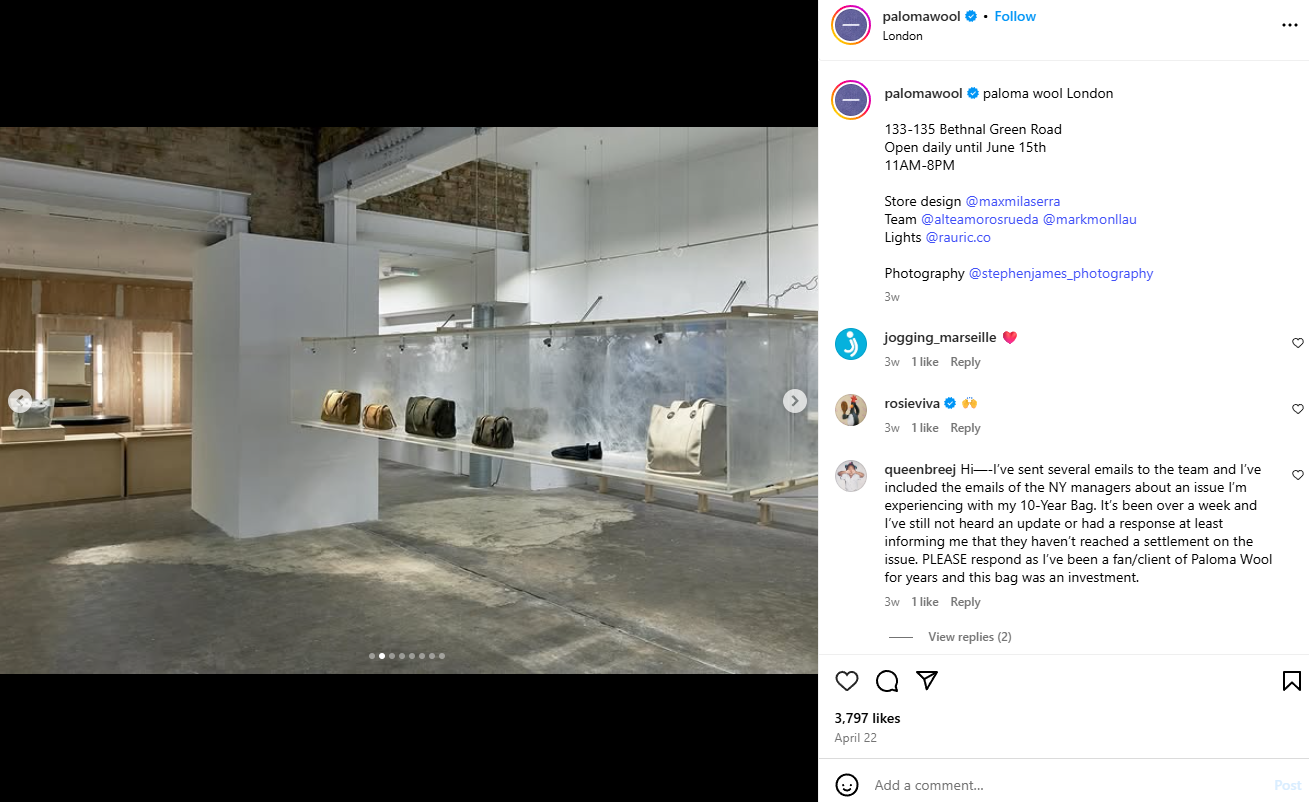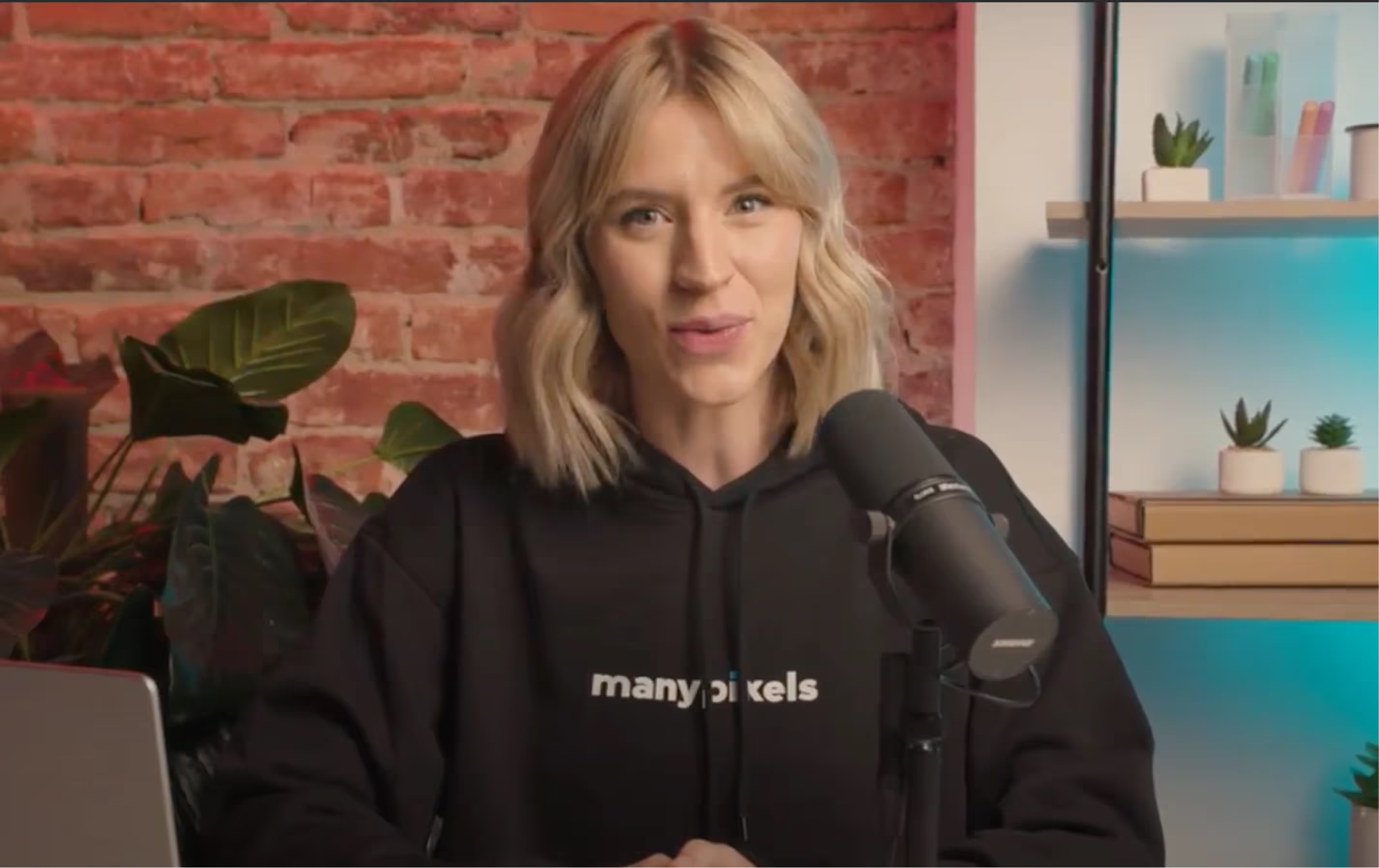
.jpg)
5 Retail Design Trends for 2025 That You Need to Know
Retail design is so much more than the look of your products alone. Discover the most important retail design trends that will help make your customers shopping experience unforgettable!

.svg)
With new technological advances, and an ever-evolving B2C marketing, the retail landscape is no longer what it used to be. Customers don’t look for products alone anymore - they want exciting brand experiences, be it an interesting website, stunning window display, or elements of sustainability and wellness. Discover 10 retail design trends that will help you go above and beyond!
{{GENERAL_PORTFOLIO="/dev/components"}}
From transaction to experience
One of the most prominent trends in retail store design is the transformation of the store from a transactional space to an experiential destination. Shoppers no longer visit physical stores simply to purchase in store—they’re looking for meaningful shopping experiences.
There isn’t one way to create a memorable store experience. You might add a personalized touch with assistance to help guide them through, or digital experiences that help them make the best purchase decision.
One brand that has been doing this for years is Apple. When you step into an Apple store, it definitely feels different than any other technology store out there. And it’s a mix of things - their iconic minimalist interior design, friendly and knowledgeable staff, exciting gadgets that you’re free to explore.

Lately, they’ve been talking about elevating the store experience even further, by creating a “town square experience” in their stores. The idea is to turn a retail store into a space where people can come together and exchange ideas and experiences.
Blending digital with physical
Technology continues to influence retail environments, and one of the standout innovations is the integration of QR codes throughout the retail space.
By scanning a QR code on a product tag or display, customers can learn more about the item, check for available sizes or colors, read reviews, and even complete a purchase online if the item is out of stock. This seamless blending of physical and digital elements bridges the gap between e-commerce and in-store shopping, enriching the store experience without disrupting it.
Some retailers are also incorporating AR (augmented reality) elements, allowing shoppers to visualize how products would look in their homes or on their bodies—all within the physical store.
One great example of this is H&M’s campaign Get Dressed in the Metaverse. They created (AR) filters that let users virtually try on digital outfits via the H&M app and Snapchat.
H&M also created a virtual space and hosted a global virtual concert to engage audiences, highlighting its commitment to merging fashion, technology, and sustainability in immersive and inclusive ways.
These innovations not only boost foot traffic but also add a layer of convenience and interactivity that modern consumers crave.
Window displays with purpose
An often-overlooked element in retail store design is the window display. In the age of Instagram and TikTok, visually compelling storefronts are a powerful tool for driving foot traffic. Today’s best displays go beyond seasonal decoration—they tell a story, showcase a brand’s identity, and often serve as a photo opportunity for passersby.
Here’s a really fun example. In line with the general trend of transparency in retail, this store created a mini infographic for their window display. It shows exactly how much a product costs to produce and how much profit they’re making out of it. On top of that, there’s a comparison with competitors, making this window display a brilliant incentive to buy!

Different formats on social media
For years all social media trends lists have been going on about how important it is to have a video marketing strategy.
And while videos aren’t going anywhere (especially short-form social media videos), the most successful brands on social are spicing things up by using different formats.
From high-quality photos, to UGC, infographics, illustration and animation. This kind of versatility will help engage customers on socials and make your brand seem more relatable and creative.
Glossier is a great example to learn from. This brand always has pretty great user-generated content and celebrates the diversity and uniqueness of its customers. However, lately you’ll find their Instagram feed features different formats, making the social media experience more fun and engaging.

Fluid store layouts
One of the key principles of good UX design is predictability. Usually, this goes for store layouts (e.g. you know that the frozen goods section in every supermarket is usually close to the checkout, so the products don’t melt).
However, a key retail store design trend is to create more fluid spaces, with a less rigid and predictable layout.
Paloma Wool is a cutting-edge example of this. They don’t have fixed storefronts, but rather recreate spaces in different cities, with the help of local artists, to use as stores for a limited time.
Here are a few snaps from their London store. As you can see the fitting room area looks like something between a high-fashion dressing rome and industrial warehouse, which makes it extra unique and cool.


Conclusion
From interior design trends to the hottest social media tips - we hope you find these retail design trends useful.
Partnering up with an architecture and design firm can be a great way to reinvent an ordinary space into an incredible customer experience.
On the other hand, if you need help designing your ecommerce site, store signage, packaging, logo, and much more - ManyPixels is the perfect budget-friendly solution for high-end graphic design.
Have any questions? We’d be happy to help!
Having lived and studied in London and Berlin, I'm back in native Serbia, working remotely and writing short stories and plays in my free time. With previous experience in the nonprofit sector, I'm currently writing about the universal language of good graphic design. I make mix CDs and my playlists are almost exclusively 1960s.
A design solution you will love
Fast & Reliable
Fixed Monthly Rate
Flexible & Scalable
Pro Designers





.jpg)
.jpg)
.jpg)
